South Korea truckers strike enters fifth day; no deal reached in govt. talks
A nationwide strike by South Korean truckers over pay and working conditions has entered its fifth day as the government raises the alert level about the cargo transport disruption to its highest level.
South Korea's President Yoon Suk-yeol slammed the strikers on Monday, accusing the strike organizers of taking the nation's logistics "hostage".
Yoon’s office said the president will hold a cabinet meeting on Tuesday and consider the issuance of a “work force order” for truckers, making it obligatory for them to return to their jobs, or face jail and fines.
It comes after agreement eluded in the first session of talks on Monday with supply chain glitches worsening and concrete running out at building sites.
The lack of a resolution for the second major strike in less than six months by thousands of truckers demanding better pay and working conditions makes it more likely that the government will legally compel the strikers to return to work.
"The transport ministry's position today was that 'there is nothing the ministry can answer,'" the Cargo Truckers Solidarity Union (CTSU) said in a statement, adding that the next round of talks had been set for Wednesday.
South Korean law allows the government to issue such an order during a serious-level transport disruption, and failure to comply incurs punishment of up to three years in jail, or a fine of up to 30 million won ($22,550).
The government, which estimates daily losses at about 300 billion won ($224 million) as supplies of cement and fuel for gas stations run short, is scheduled to meet with a striking truckers' union on Monday.
Meanwhile, the Cargo Truckers Solidarity Union (CTSU) criticized the government for being unwilling to expand a minimum-pay system beyond a further three years, instead of meeting union demands to make it permanent and widen its scope.
"The transport ministry's position is already set, and there is no room for negotiations, so this meeting is not a negotiation," the union said in a statement on Sunday. "The content is a demand for an unconditional return to work."
The head of the CTSU, Lee Bong-ju, said on Thursday the truckers had been left with no choice other to strike after the government stalled negotiations.
“The Yoon Suk-yeol government is threatening a hard-line response without any efforts to stop the strike,” he said in an interview.
READ MORE:
South Korean president warns of crackdown on crippling trucker strike
The strike has caused heavy losses to many industries including the steel sector, the cement industry, and the automaker industry.
The cement industry noted an output loss of an estimated 14.26 million dollars as shipments dropped to less than 10,000 tons due to the strike on Thursday, compared to the country’s 200,000 tons of cement demand per day in the peak season between September and early December.
This is the second major strike within less than six months, as thousands of truckers demand better pay and working conditions.
‘Ghost town’: 70% of Jabalia buildings destroyed by Israel
Mother’s Day: Sareh Javanmardi’s inspiring journey as Paralympic champion and mother
Russia downs over 40 Ukrainian drones as Putin vows 'destruction' on Kiev
VIDEO | Yemen: A bone in Israeli neck
D-8’s role in Iran’s economy after Cairo summit
China slams US as ‘war-addicted’ threat to global security
China ‘firmly opposes’ US military aid to Taiwan
VIDEO | Press TV's News Headlines


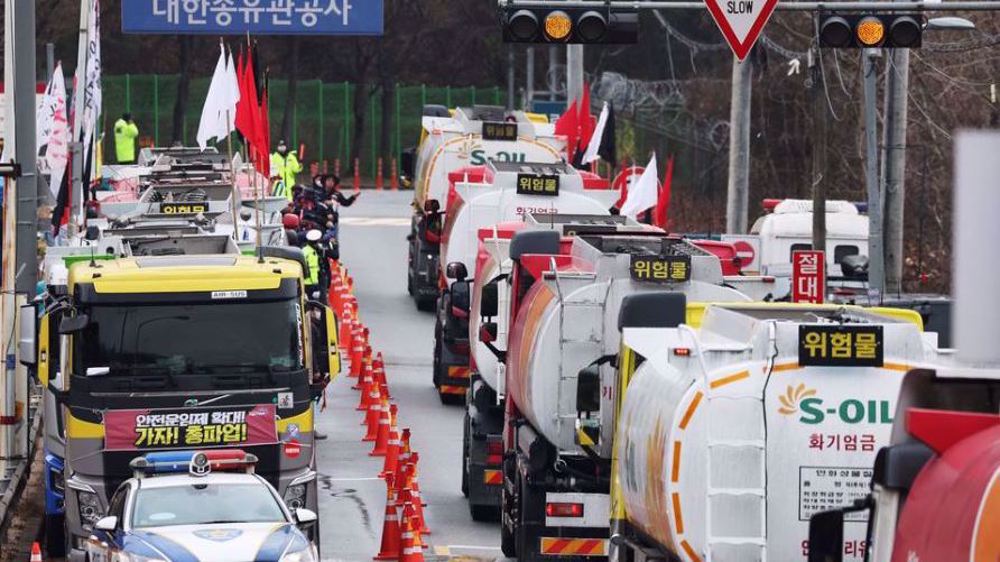
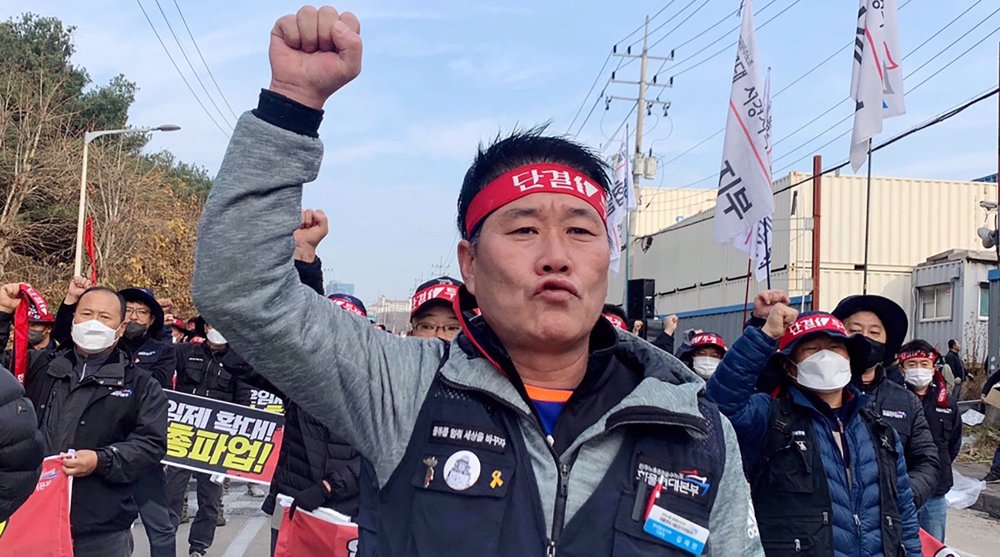
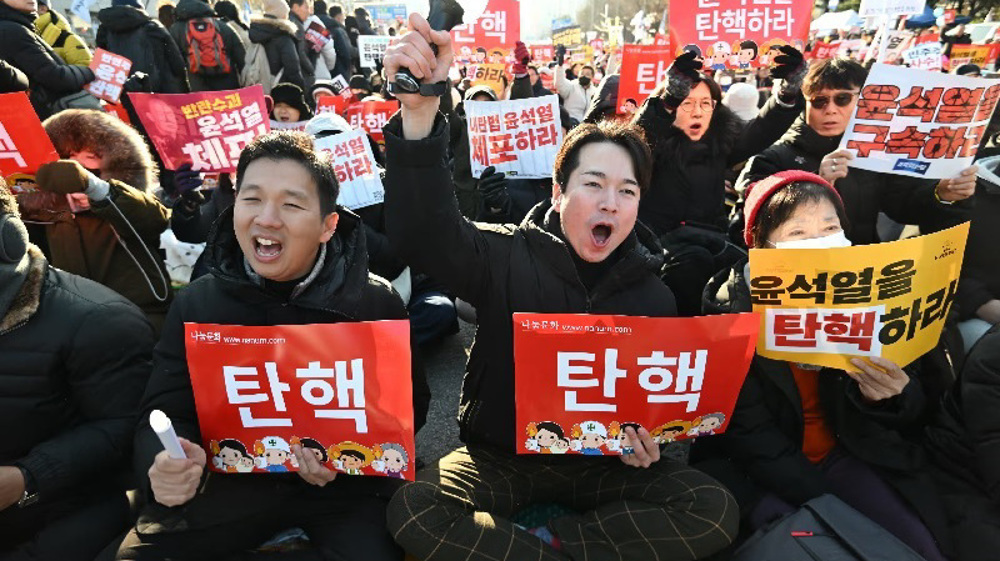
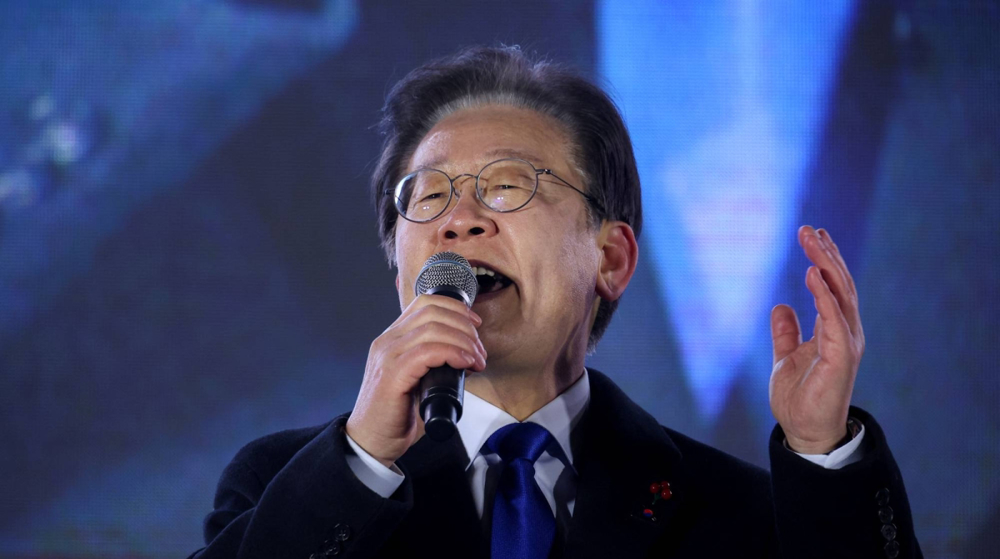
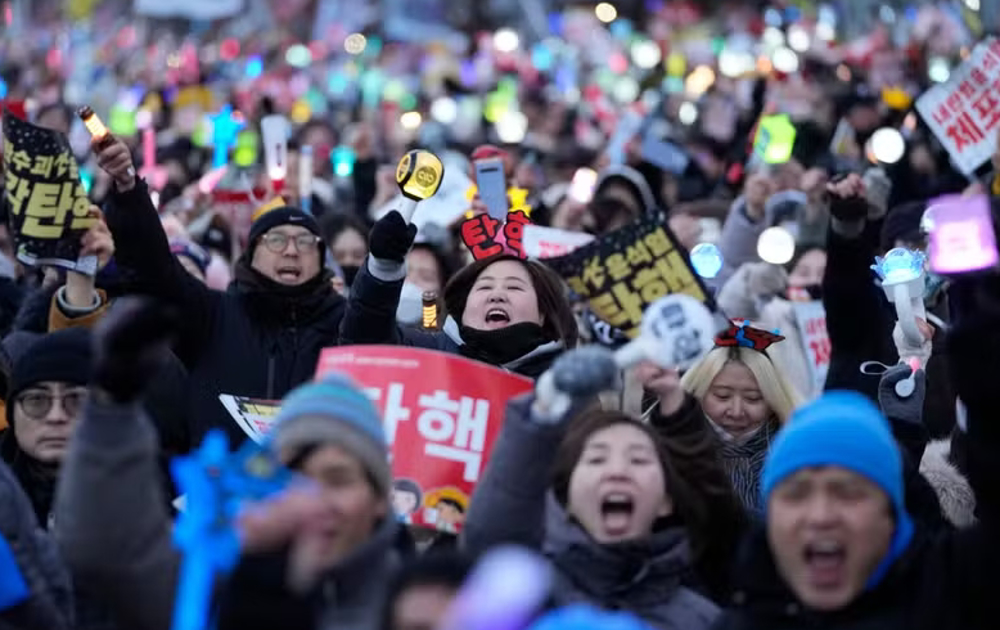



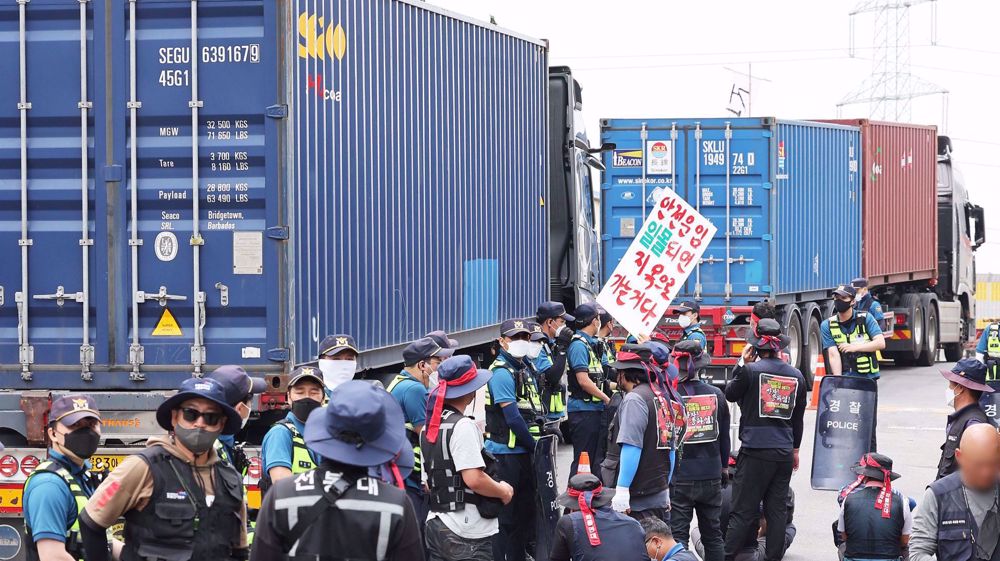
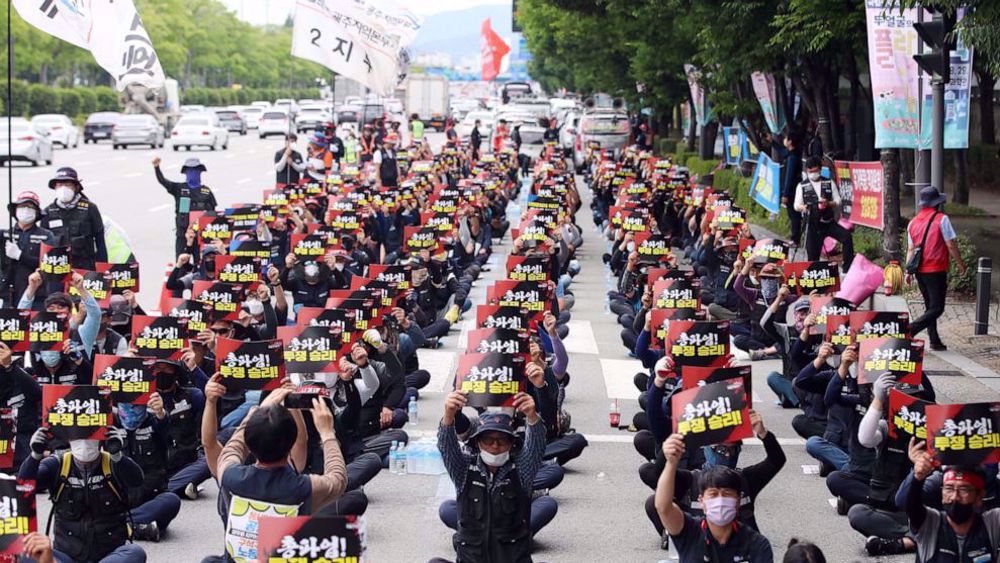
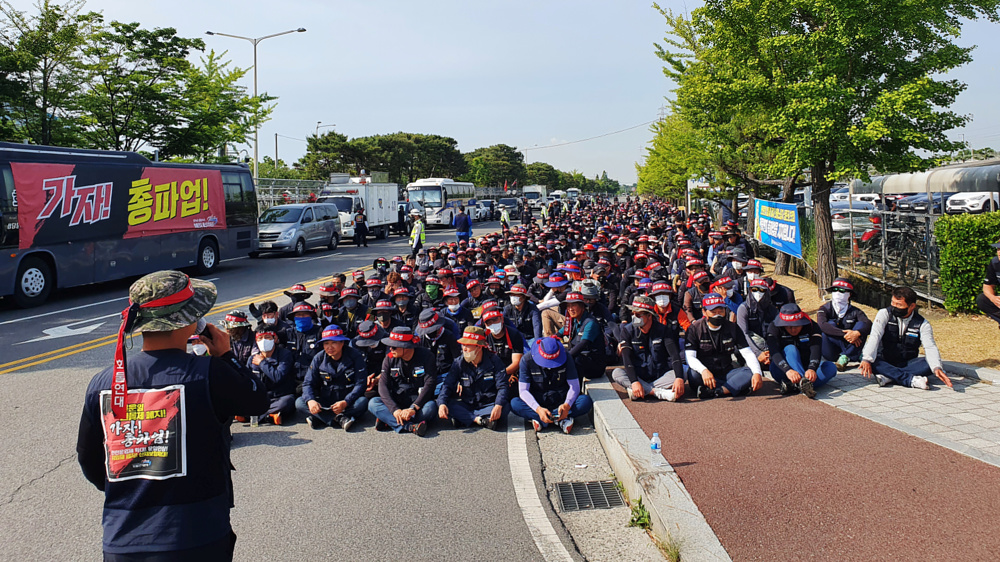
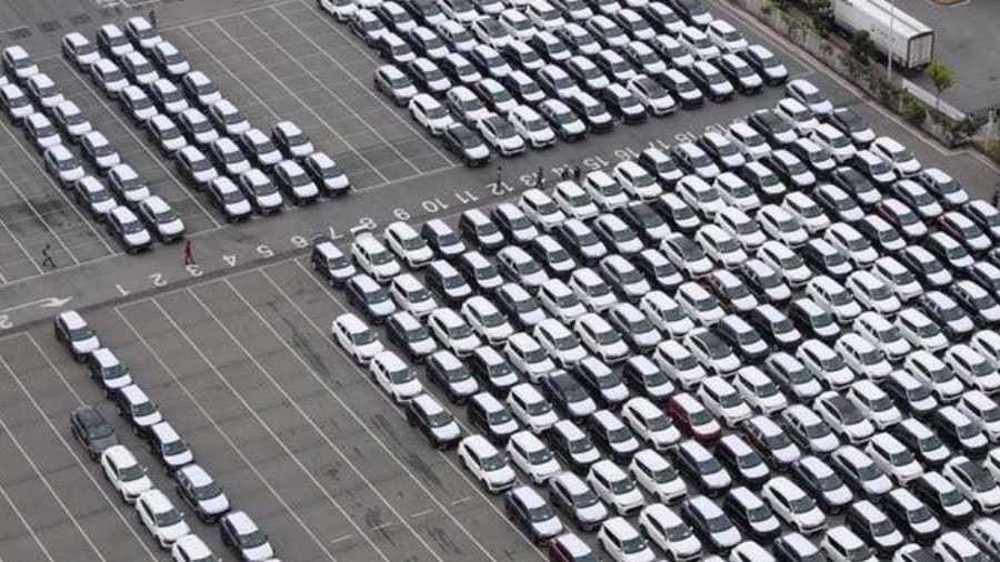

 This makes it easy to access the Press TV website
This makes it easy to access the Press TV website